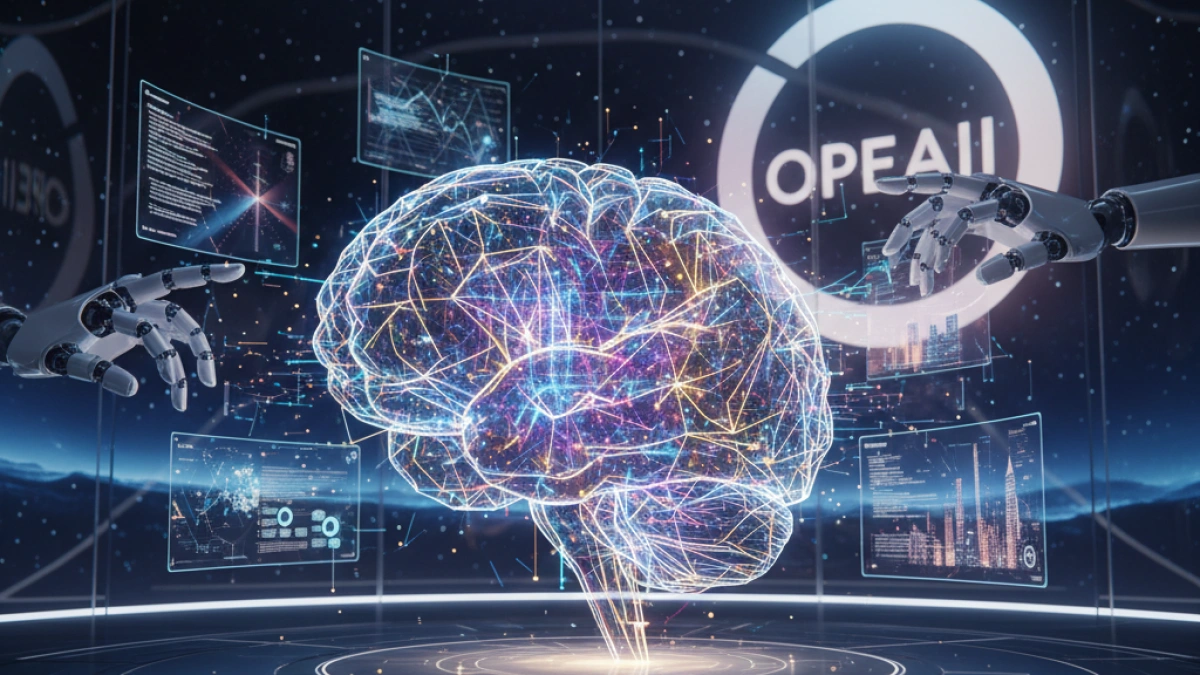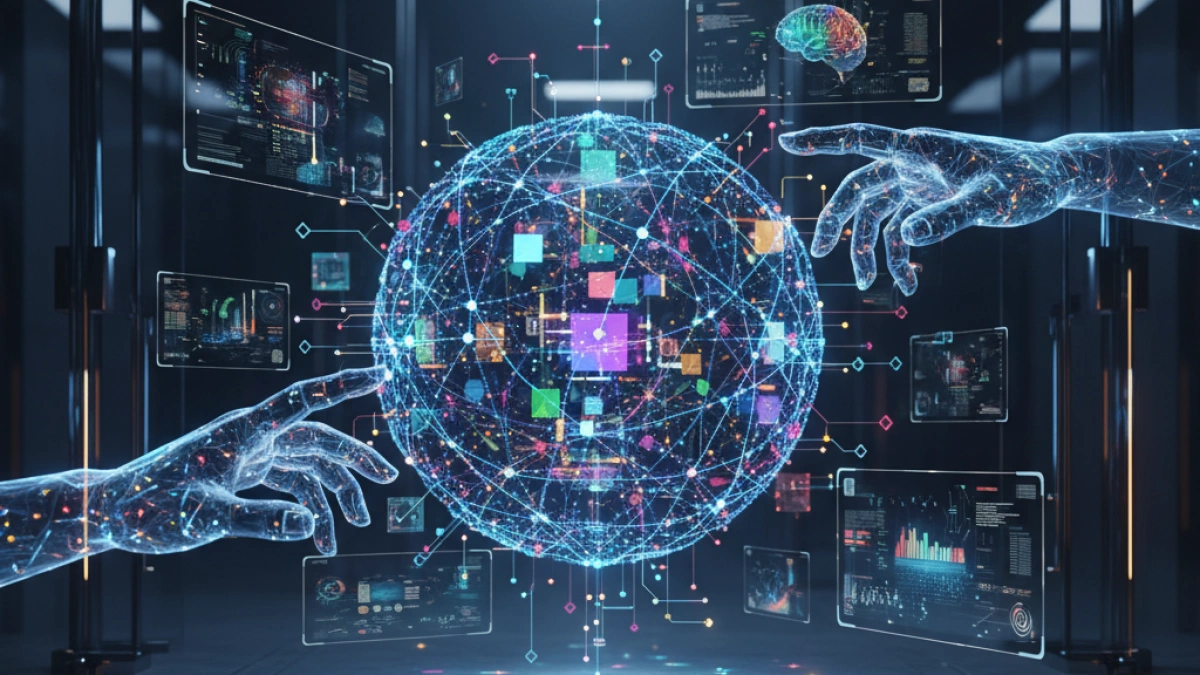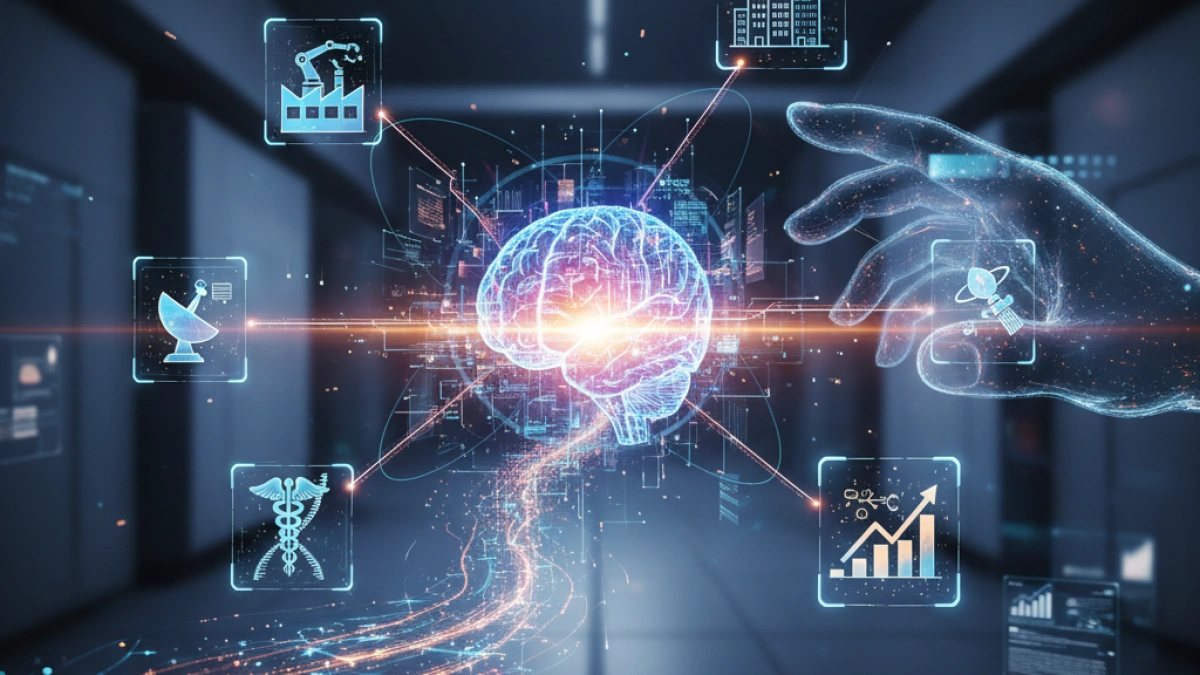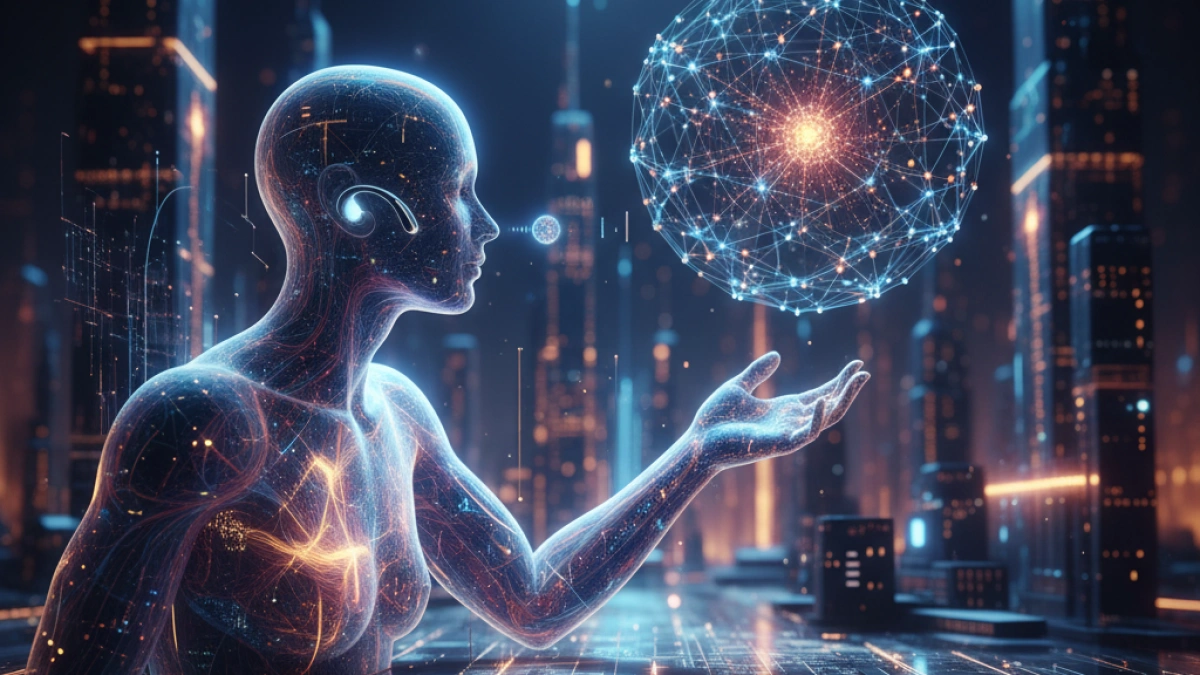The Ethical Challenges of Artificial Intelligence: Are We Prepared?

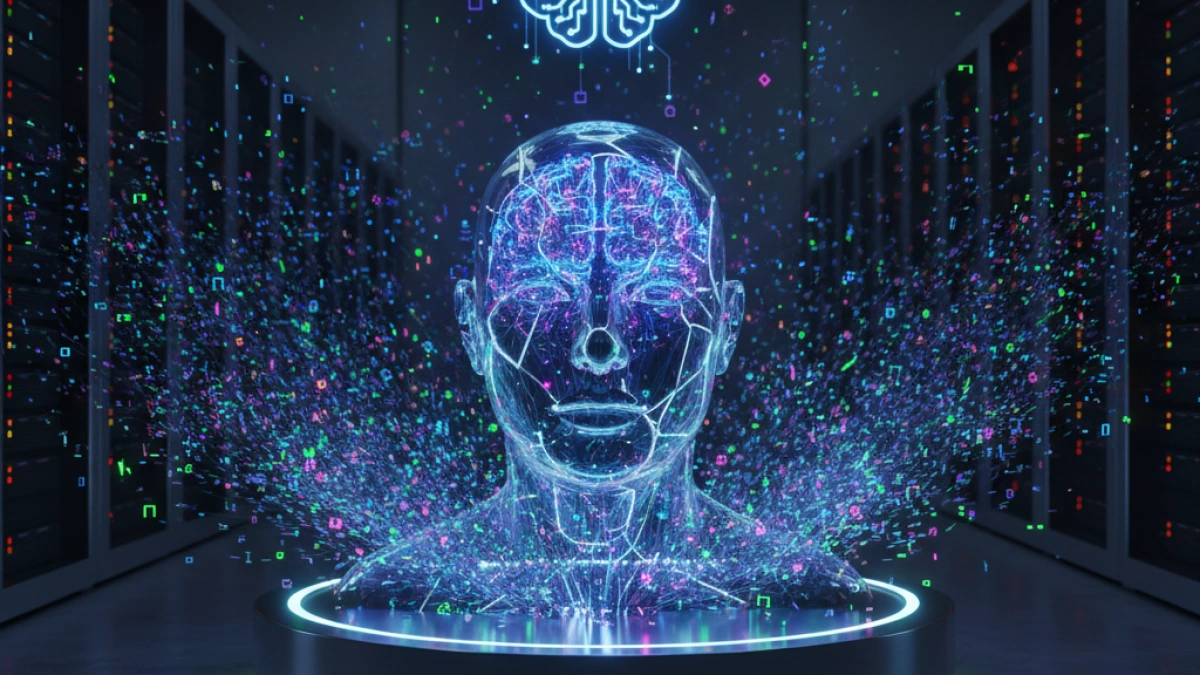
Artificial Intelligence (AI) has advanced exponentially in recent decades, transforming various sectors such as healthcare, education, industry, and services. However, this progress brings with it a series of ethical challenges that must be addressed. This article analyzes the main ethical dilemmas posed by AI and whether we are truly prepared to face them.
What is Artificial Intelligence?
Artificial Intelligence refers to the ability of a machine to perform tasks that typically require human intelligence. This includes skills such as learning, reasoning, and self-correction. There are different types of AI, ranging from simple systems that can perform specific tasks to complex neural networks that simulate the human brain.
Main Ethical Challenges of Artificial Intelligence
1. Privacy and Data Security
One of the most pressing concerns is the collection and use of personal data. With AI, vast amounts of data can be analyzed, raising questions about who has access to this information and how it is used.
The Need for Regulations
Read also
To address these concerns, it is essential to establish clear regulations regarding data collection and use. Existing legislation, such as the General Data Protection Regulation (GDPR) in Europe, is a good step, but there is still much work to be done.
2. Bias and Algorithmic Discrimination
AI systems are only as good as the data they are trained on. If this data contains biases, the systems will reflect and perpetuate those inequalities. This can lead to discriminatory outcomes in areas such as employment, criminal justice, and access to services.
Examples of Bias in AI
Read also
Some studies have shown that facial recognition algorithms have a higher error rate for faces of people of color compared to white faces. This highlights the need to develop methods to audit and correct these biases in AI systems.
3. Accountability and Liability
As AI systems make decisions, the question of who is responsible for errors arises. If an autonomous vehicle is involved in an accident, who is liable? The software manufacturer, the vehicle owner, or the insurance company?
The Current Legal Framework
The current legal framework regarding liability in AI is confusing and often inadequate to address the complexities of the technology. We need a new approach that considers the unique nature of AI and its autonomous decision-making.
4. Impact on Employment
AI-driven automation can facilitate the development and use of technologies that eliminate traditional jobs. According to some studies, millions of jobs could be replaced by AI in the coming decades.
Retraining Opportunities
In light of this scenario, retraining the workforce becomes crucial. We need to invest in educational programs that prepare individuals to work alongside machines and in fields that AI cannot dominate.
Are We Prepared to Face These Challenges?
The answer is not simple. While we have taken some steps towards the regulation and ethical oversight of AI, there are several areas where we still need to improve.
The Importance of Education and Public Awareness
An informed citizenry is key to facing the ethical challenges of AI. Education in technology ethics should be integrated into school curricula and professional training to equip society with the necessary tools to understand and manage these changes.
Developing a Universal Ethical Framework
Creating an appropriate ethical framework to guide the development and implementation of AI is fundamental. International organizations, governments, and companies must collaborate to establish principles and standards that ensure the responsible use of artificial intelligence.
Conclusion
Artificial intelligence presents great opportunities but also significant ethical challenges. We are at a crucial moment where how we respond to these concerns will define the future of technology and its impact on society. It is vital that we take responsibility for addressing these challenges proactively and collaboratively, ensuring that AI serves the common good.
With each advancement in artificial intelligence, we have the opportunity to reconsider our relationship with technology and make it a tool that promotes justice, equity, and social well-being. The question is not only whether we are prepared but how we can better prepare our society for a future driven by AI.

